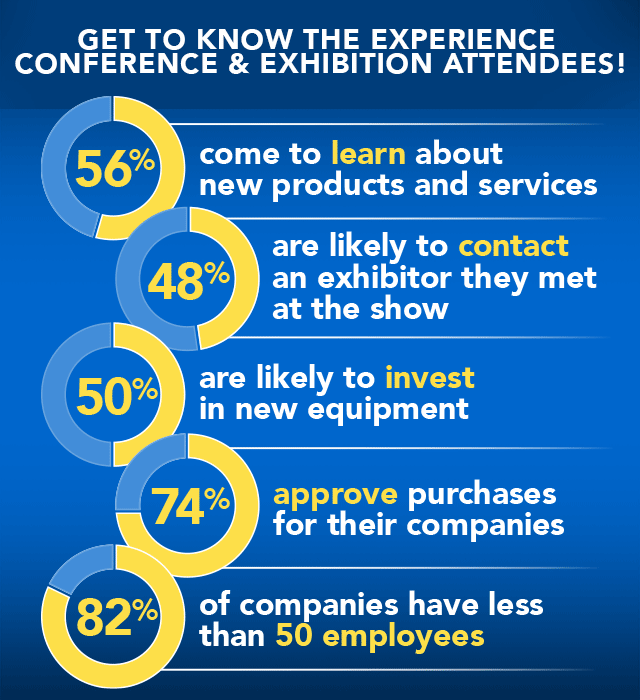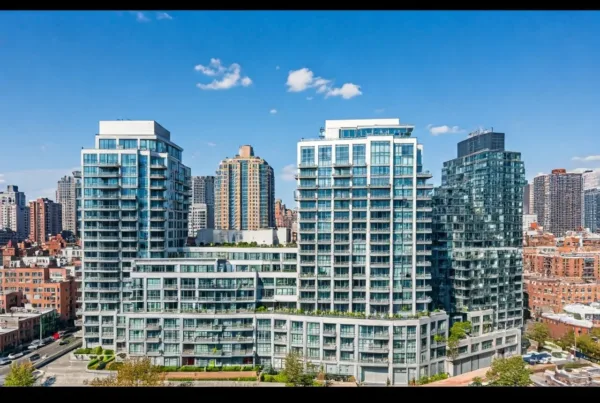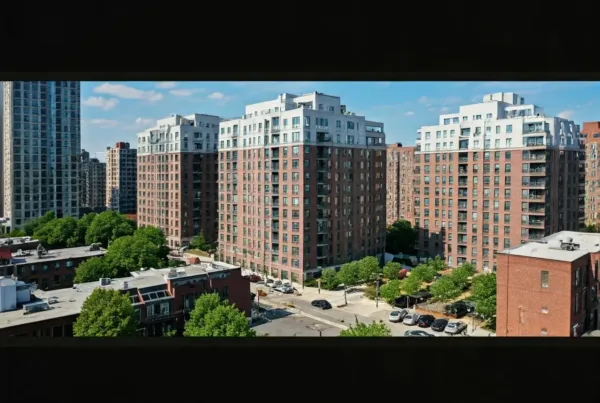Discover the insider secrets to buying NYC sponsor units effortlessly – no stress, no hassle, just your dream home waiting.
Table of Contents
Welcome to the world of sponsor units in NYC! Have you ever wondered what it would be like to buy a special type of real estate unit known as a sponsor unit? In this article, we will explore the ins and outs of sponsor units and why they might be an attractive option for you. Let’s dive in and discover how you can easily purchase your very own sponsor unit in the vibrant city of New York.
What is a Sponsor Unit?
So, what exactly is a sponsor unit? A sponsor unit is a unique type of real estate unit in NYC that differs from regular units you might find on the market. These units are usually owned by the original developer of a building, known as the sponsor, and offer various advantages that set them apart from other properties.
Why Buy a Sponsor Unit?
Now, you might be wondering why someone would choose to buy a sponsor unit instead of a traditional real estate unit. Well, there are several benefits to purchasing a sponsor unit, such as potential cost savings and investment opportunities. By understanding the advantages of sponsor units, you can see why they are a popular choice among buyers in NYC.
Understanding Sponsor Units
In the world of real estate in New York City, sponsor units play a crucial role. But what exactly are sponsor units, and why are they important? Let’s delve into the specifics to gain a better understanding.
The Role of the Real Estate Sponsor
A real estate sponsor is a key player in the realm of sponsor units. They are typically developers or investors who own or control a building and offer units for sale. These sponsors are responsible for overseeing the sale of units, marketing the property, and ensuring that the transaction process runs smoothly.
Types of Sponsor Units
There are different types of sponsor units available in NYC, each with its own unique characteristics. For example, there are sponsor units in new developments, where the sponsor still owns a significant portion of the building. On the other hand, there are also sponsor units in established buildings that have been converted into condominiums. Understanding the different types can help potential buyers make informed decisions when considering a sponsor unit.
Steps to Buying a Sponsor Unit in NYC
When you’re ready to buy a sponsor unit in NYC, the first step is to do your research. Take the time to explore different neighborhoods and buildings to find the right unit for you. Look online, visit open houses, and talk to real estate agents to gather information about available sponsor units.
Preparing Your Finances
Before making an offer on a sponsor unit, it’s crucial to prepare your finances. Calculate your budget, consider your down payment options, and get pre-approved for a mortgage. Understanding your financial situation will help you make informed decisions when purchasing a sponsor unit.
Making an Offer
Once you’ve found a sponsor unit that meets your requirements, you can make an offer. Work with your real estate agent to negotiate the purchase price, review the terms of the offer carefully, and be prepared to provide earnest money to show your seriousness about buying the unit.
Closing the Deal
After your offer is accepted, the next step is to close the deal. This involves completing inspections, finalizing financing, and signing all the necessary paperwork. Make sure to review the contract thoroughly and consult with legal professionals if needed to ensure a smooth closing process.
Moving In
Congratulations! Once you’ve closed the deal, it’s time to move into your new sponsor unit. Coordinate with movers, set up utilities, and start making your new space feel like home. Enjoy the process of settling into your new NYC sponsor unit!
| Step | Description |
|---|---|
| 1 | Research NYC sponsor units available in the market |
| 2 | Contact a real estate agent specialized in sponsor units |
| 3 | Arrange for a viewing of the sponsor unit |
| 4 | Review the offering plan and financial information |
| 5 | Make an offer to purchase the sponsor unit |
| 6 | Negotiate the terms and price with the sponsor |
| 7 | Sign the contract and pay the required deposit |
| 8 | Work with your attorney to review the closing documents |
| 9 | Attend the closing and take possession of the sponsor unit |
Common Challenges and Solutions
One common challenge when buying a sponsor unit in NYC is finding the perfect one that meets all your criteria. With so many options available, it can be overwhelming to narrow down the choices. One way to simplify this process is to create a list of your must-have features and prioritize them. This will help you focus on units that best match your needs and preferences.

Image courtesy of via Google Images
Financing Issues
Financing a sponsor unit purchase can sometimes be tricky, especially if you are unfamiliar with the real estate market. To tackle financial challenges, it is essential to consult with a financial advisor or mortgage broker who can guide you through the process. They can help you understand your budget, explore loan options, and secure the best financing for your investment.
Legal Hurdles
Legal issues can arise during the purchase of a sponsor unit, causing delays or complications. To navigate through these hurdles effectively, consider hiring a real estate attorney who specializes in sponsor units. They can review contracts, negotiate terms, and ensure that all legal requirements are met. Having a legal expert on your side can help streamline the process and protect your interests.
Conclusion and Summary
In conclusion, purchasing a sponsor unit in NYC can be a great investment opportunity with potential cost savings and unique benefits. Understanding the role of real estate sponsors, the types of sponsor units available, and navigating the buying process are crucial steps to a successful purchase.
Summary of Key Points
Throughout this article, we explored the concept of sponsor units in NYC and why they are worth considering. We discussed how sponsor units differ from regular real estate units, the benefits of buying a sponsor unit, and the steps involved in purchasing one.
We learned about the importance of research in finding the right sponsor unit, the financial aspects to prepare for, making an offer, closing the deal, and finally moving into the new unit. Additionally, we addressed common challenges such as finding the perfect unit, financial issues, and legal hurdles, providing solutions to overcome these obstacles.
By understanding the intricacies of sponsor units and following a systematic approach to buying, you can make a well-informed decision and secure a valuable asset in the bustling real estate market of NYC.
Frequently Asked Questions (FAQs)
What is the difference between a sponsor unit and a regular unit?
A sponsor unit in NYC is typically owned by the original developer of a building. These units are often sold before the building is completed or converted into a condominium. They differ from regular units in that they may come with unique benefits or pricing structures due to their special status. Regular units, on the other hand, are owned by individual buyers and may have different pricing or availability.
Are sponsor units cheaper than regular units?
While sponsor units can offer potential cost savings, they are not always guaranteed to be cheaper than regular units. The pricing of sponsor units can vary based on factors such as location, amenities, and market conditions. It’s essential to compare prices and consider the overall value offered by a sponsor unit before making a purchase decision.
What should I look out for when buying a sponsor unit?
Begin your search and start earning cash back!
When buying a sponsor unit in NYC, it’s crucial to conduct thorough research and due diligence. Some key factors to consider include the financial stability of the building, any outstanding legal issues, the reputation of the developer or sponsor, and the terms of the purchase agreement. It’s also recommended to work with a real estate agent or attorney who has experience with sponsor units to ensure a smooth transaction.







